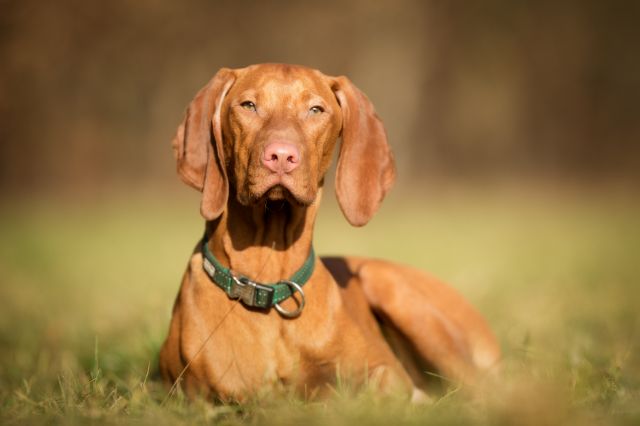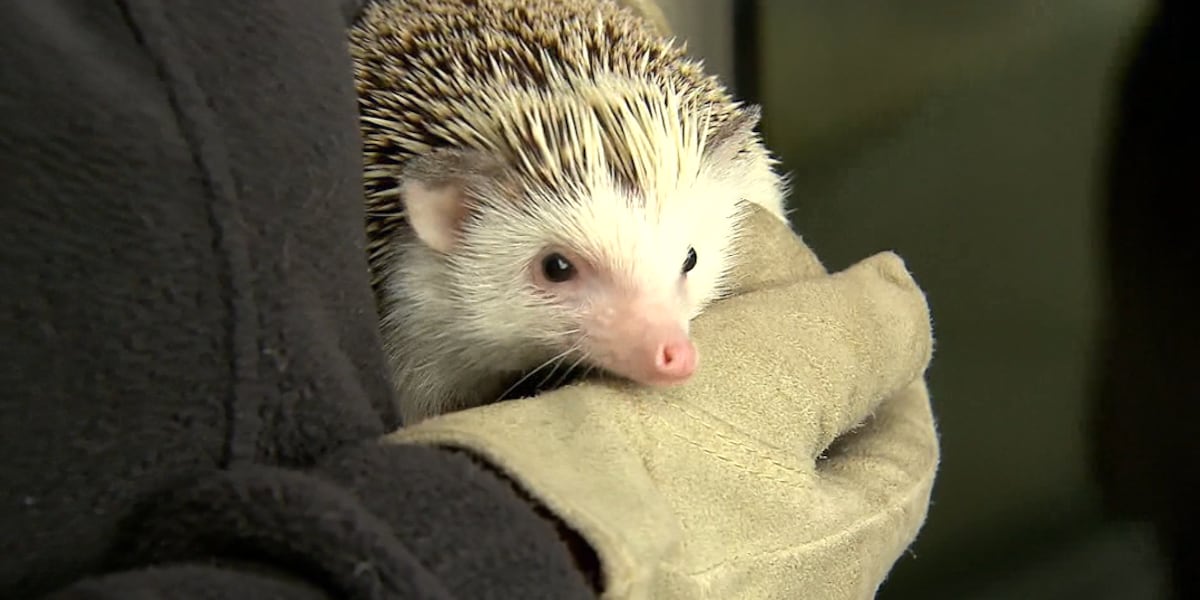Vizslas, with their stunning appearance and friendly personalities, are a popular choice among dog lovers. These energetic and affectionate dogs are known for their high level of activity, intelligence, and loyalty. However, like all dogs, they have specific needs, including regular bathroom breaks. In this article, we will discuss how often you should take your Vizsla outside to pee, taking into account their age, and provide guidelines for puppies, adults, and senior dogs.
Understanding Vizsla’s Unique Needs:
Before diving into the specifics of how often you should take your Vizsla outside to pee, it’s essential to understand their unique characteristics and requirements. Vizslas are a breed that tends to be more active and energetic compared to other dogs. They are known for their boundless enthusiasm and love for physical activities. Because of this, their need for bathroom breaks can be different from some other breeds.
Puppies:
When it comes to Vizsla puppies, bathroom breaks are frequent and essential. Puppies have smaller bladders and less control over their bodily functions than adult dogs. For a Vizsla puppy, you should aim to take them outside to pee at least:
- Every 1-2 hours: Puppies have limited bladder capacity and need to relieve themselves frequently. Be prepared to take your Vizsla puppy outside every 1-2 hours during the day, including shortly after they wake up, eat, drink, play, or have a nap.
- After activities: After playtime, exercise, or any exciting activities, take your puppy out promptly. Physical exertion can stimulate their need to urinate.
- At night: Vizsla puppies usually cannot hold their bladder through the night, so expect to wake up once or twice to let them out for a bathroom break. As they grow older, they’ll gradually be able to sleep for longer periods without needing to go out.
It’s crucial to be patient and consistent with potty training during the puppy stage. Use positive reinforcement and praise when your puppy successfully goes outside to encourage the desired behavior.
Adults:
As Vizslas grow into adulthood, their bladder control improves, and their bathroom needs become less frequent. Here’s a general guideline for how often you should take an adult Vizsla outside to pee:
- Every 4-6 hours: Adult Vizslas can typically hold their bladder for longer periods compared to puppies. Aim to take your adult Vizsla outside every 4-6 hours during the day.
- After meals: Just like with puppies, after your Vizsla eats, they may need to go outside within 20-30 minutes. This is a good opportunity to reinforce good bathroom habits.
- Before bedtime: Take your adult Vizsla out for a final bathroom break before bedtime. This will help ensure they can sleep through the night without needing to go out.
- After exercise: After vigorous exercise or long walks, give your Vizsla a chance to relieve themselves. Physical activity can stimulate their need to urinate.
- Pay attention to cues: Watch for signs that your Vizsla needs to go outside, such as whining, restlessness, sniffing around, or circling. When you notice these cues, take them out immediately.
It’s essential to maintain a consistent schedule for bathroom breaks with adult Vizslas. Consistency helps reinforce their good habits and prevents accidents in the house.
Senior Dogs:
As Vizslas age, their bladder control may decrease, and they may experience certain age-related changes. Here’s a guideline for how often you should take a senior Vizsla outside to pee:
- Every 4-6 hours: Senior Vizslas often have reduced bladder capacity and control compared to adults. Continue taking them outside every 4-6 hours during the day.
- Frequent breaks: Be prepared for more frequent bathroom breaks if your senior Vizsla is experiencing age-related issues like incontinence or reduced mobility. They may need to go out every 2-4 hours in such cases.
- Adjust nighttime routine: Senior Vizslas may have a harder time holding their bladder through the night. Consider taking them out once or twice during the night to prevent accidents.
- Visit the vet: If you notice any sudden changes in your senior Vizsla’s bathroom habits, such as increased frequency or difficulty urinating, consult your veterinarian. These changes could indicate underlying health issues that require attention.
- Accommodate mobility: Senior Vizslas may not be as agile as they once were. Ensure that they can access the outdoors easily by providing ramps or assistance if necessary.
Remember that each Vizsla is unique, and their bathroom needs may vary based on their health, activity level, and individual habits. Regular check-ups with your veterinarian can help ensure your senior Vizsla’s health is in good condition and address any specific concerns related to their bathroom habits.
Additional Tips for Successful Housetraining:
Regardless of your Vizsla’s age, successful housetraining relies on consistency, patience, and positive reinforcement. Here are some additional tips to help you establish good bathroom habits:
- Establish a routine: Stick to a consistent schedule for bathroom breaks. Dogs thrive on routine, and knowing when to expect outdoor time can help them develop reliable habits.
- Use positive reinforcement: Praise and reward your Vizsla when they pee outside. Treats, affection, and verbal praise can go a long way in reinforcing the desired behavior.
- Supervise closely: Keep a close eye on your Vizsla, especially during housetraining. If you can’t watch them closely, consider using a crate or a confined area to prevent accidents.
- Clean accidents promptly: Accidents happen, especially with puppies and senior dogs. Clean any indoor accidents thoroughly with an enzymatic cleaner to remove scent traces that might attract your dog back to the same spot.
- Be patient: Remember that accidents are part of the learning process. Avoid scolding or punishing your Vizsla for accidents, as this can lead to fear and anxiety. Instead, focus on positive reinforcement for successful outdoor potty trips.
Conclusion:
Understanding your Vizsla’s age-related needs and following a consistent bathroom routine are key factors in maintaining good housetraining habits. Whether you have a playful Vizsla puppy, an active adult, or a beloved senior dog, providing them with timely opportunities to relieve themselves is essential for their health and well-being. By following the guidelines provided in this article and tailoring them to your Vizsla’s individual needs, you can ensure that your furry friend stays happy and comfortable throughout their life.









